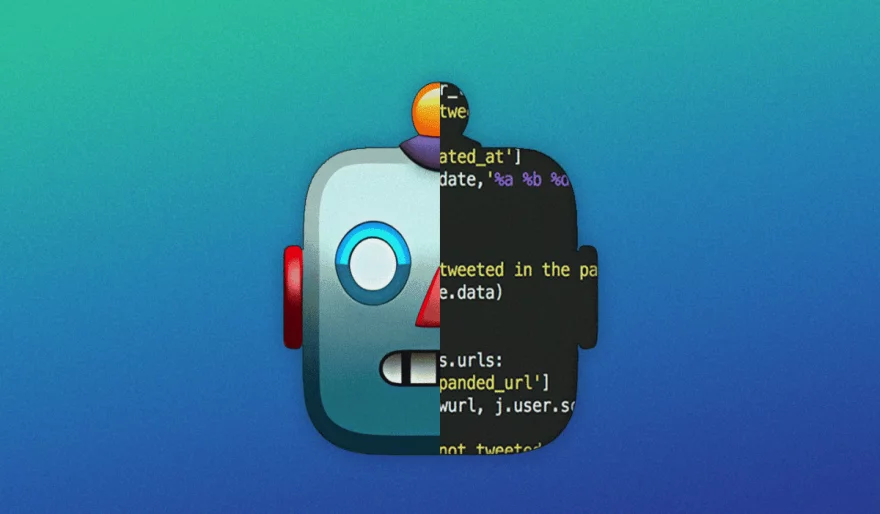Stay Ahead of the Curve
Latest AI news, expert analysis, bold opinions, and key trends — delivered to your inbox.
Generative AI Startups: Pouring Millions into the Next Trillion-Dollar Companies
3 min read Venture capitalists are pouring hundreds of millions into generative AI startups, sparking an accelerating arms race to shape and profit from a potential trillion-dollar industry. However, the development of AI demands huge resources and data troves, making this tech competition more winner-take-all than previous rounds. March 14, 2023 13:36
Generative AI has become the latest craze in the tech industry, with venture capitalists pouring hundreds of millions of dollars into startups exploring this futuristic technology. The possibility of building future trillion-dollar companies has captivated the minds of investors, with the potential to revolutionize markets and create entirely new ones.
Silicon Valley has seen a swift pivot from seeing OpenAI as the next transformative tech company to finding ways to beat it. Even non-tech companies have been experimenting with the large language models that underpin generative AI, seeking to productize them and apply them to specific industries or consumer businesses.
However, the development of generative AI requires an immense amount of computing resources, which will likely emanate from large firms running on the cloud computers of tech giants like Google and Microsoft. As a result, many startups will be building on these models and clouds, hoping to be acquired by the giants unless antitrust regulators intervene.
This tech competition could be more winner-take-all than previous rounds, as the innovation of AI demands huge resources and data troves. Despite the challenges, startup investors remain confident in their ability to overcome these obstacles and create groundbreaking companies.
History has shown that venture capitalists can be fickle, with brief funding booms in nanotech and the metaverse. Nevertheless, the race to shape and profit from the future of generative AI continues, with the potential to become as foundational to life and work as today's cloud and mobile technologies.
According to Dan Primack, "The generative AI arms race is just starting".



















 AI Agents
AI Agents